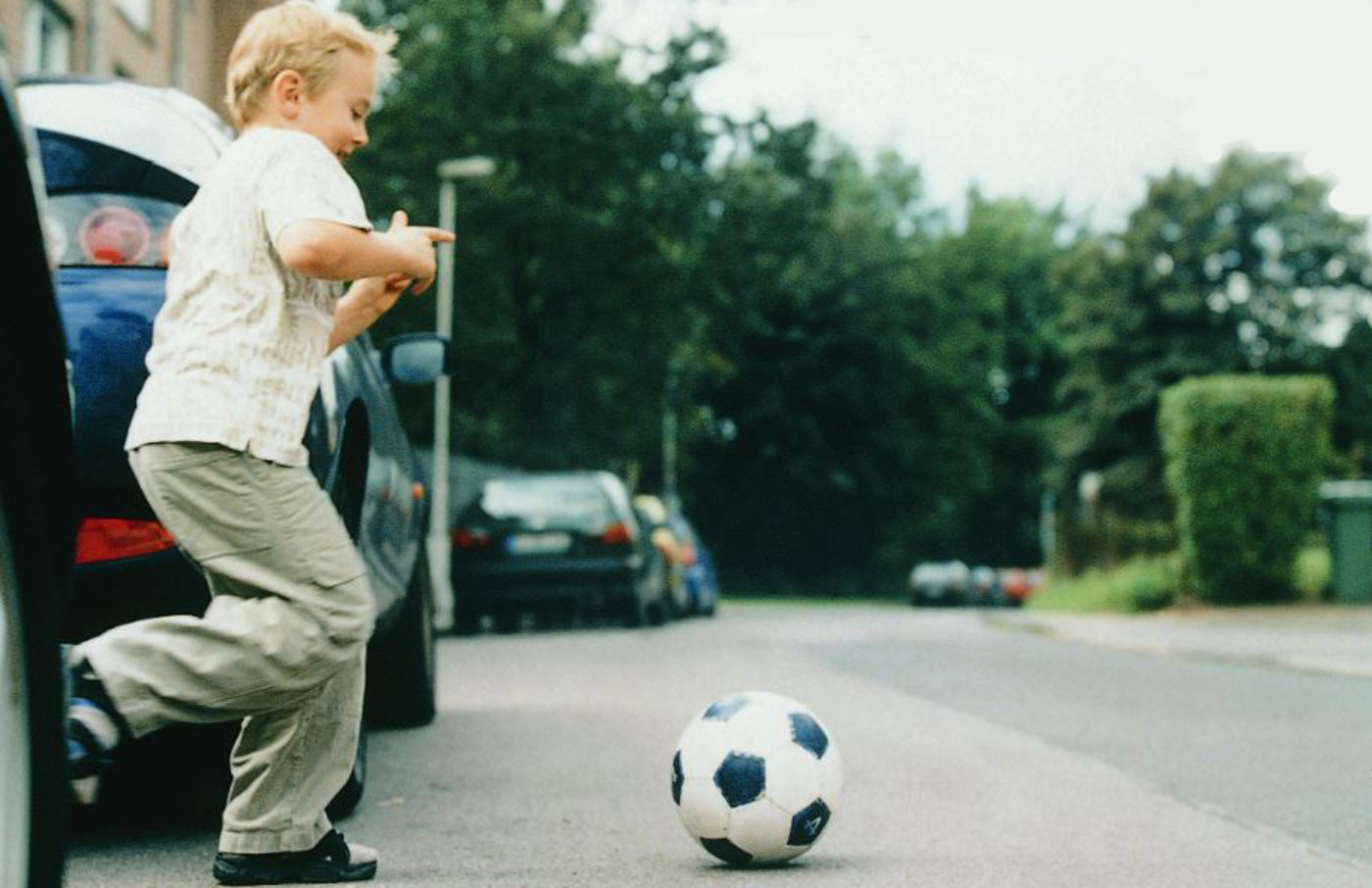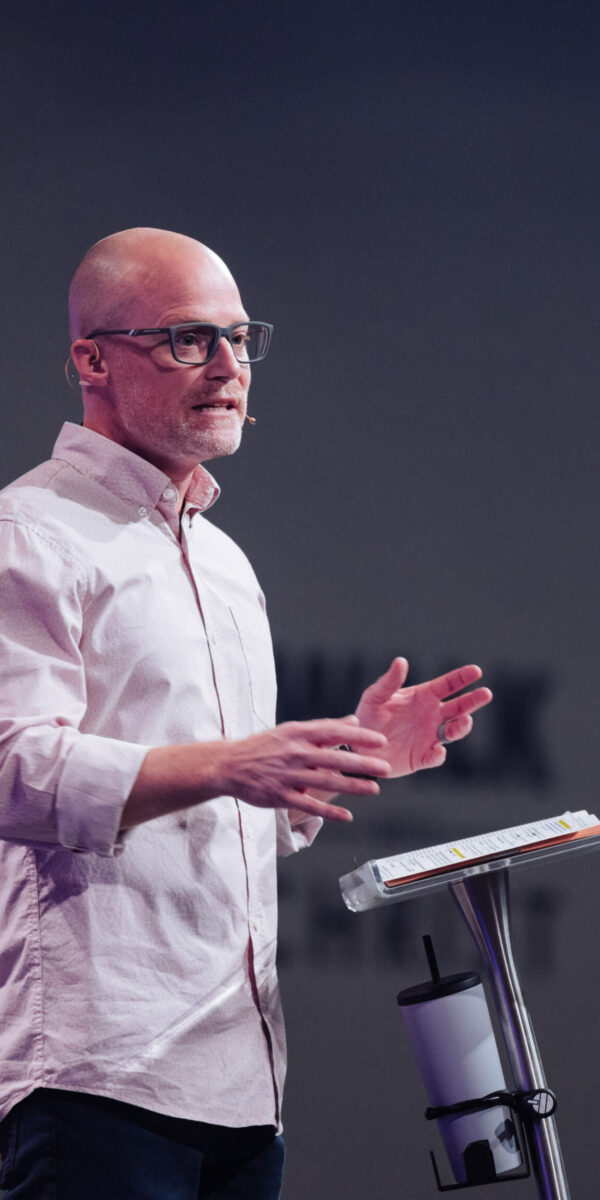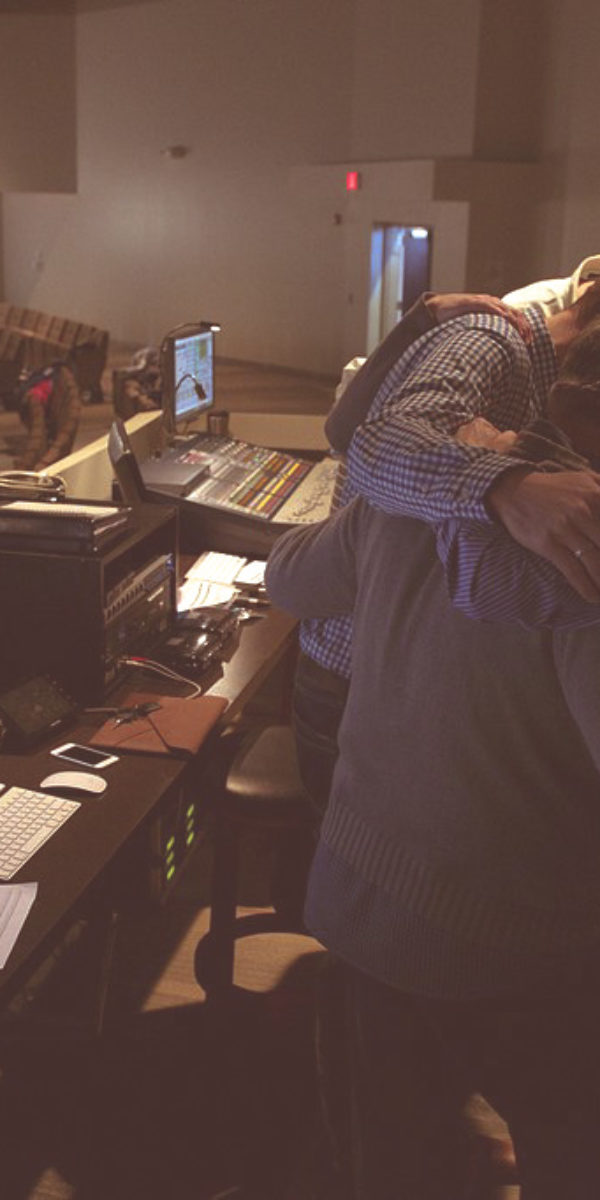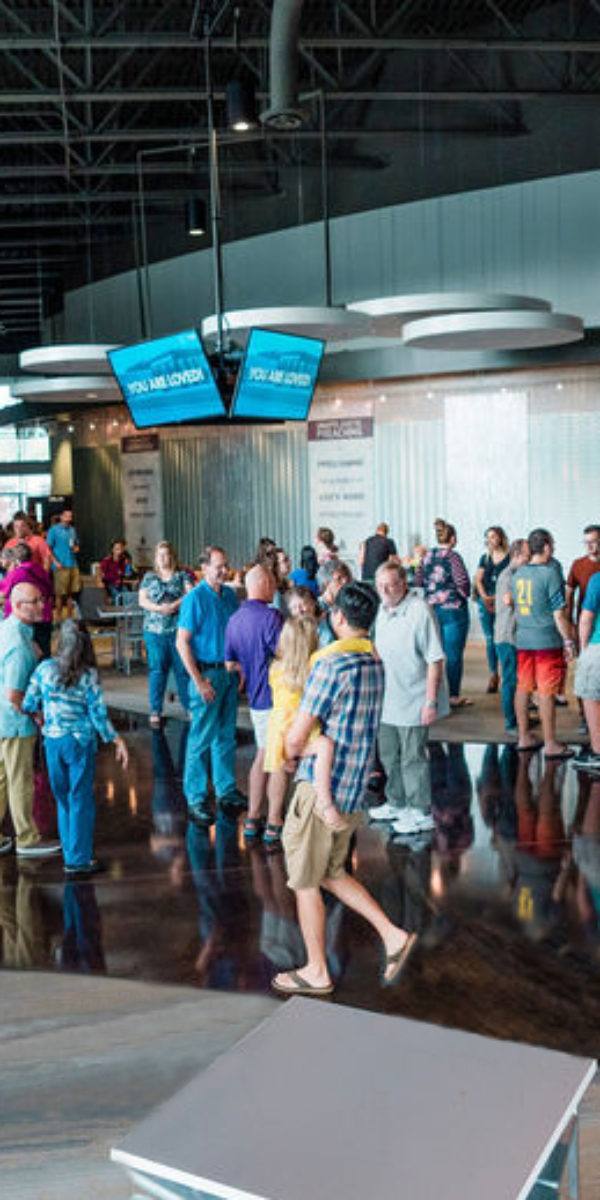
Godly Fear V. Ungodly Fear
Radiant Bible Church | 02.15.17
Editors’ note: Today we continue a series of articles on overcoming fear, worry, and anxiety. The first dealt with uncovering our fears. Today’s article contrasts godly and ungodly fears. The third will seek to define and describe four types of fears. The fourth and fifth articles will focus on a biblical response to fear by examining how you can fight fear with fear and how you can fight fear with truth.
by Karen Helmer
Is it ever “ok” to be fearful? Is fear always wrong? Shouldn’t I be afraid of my kids running out into the street? Is it wrong to feel fearful when I don’t know if I’ll be able to pay the bills this month? Shouldn’t I be frightened when I hear the diagnosis of cancer? These are all great questions, and I’m sure you could add a few of your own. So let’s talk about two types of fear: godly fear and ungodly fear.
Godly fear is reasonable and instinctual.
It recognizes danger and works to avoid it. We put fences in our yards to allow our children to play outside in safety. We swerve to miss an on-coming car. We avoid doing crazy, dangerous things that would end up in a viral video or on America’s Funniest Home Videos because we enjoy having two arms, two legs, and a head!
Godly fear is specific and constructive.
It galvanizes us for action. We can do something constructive and God-honoring about these fears. Proverbs 22:3 and 27:12 both say, “The prudent sees danger and takes refuge, but the simple keep going and suffer for it.”
Godly fear is good fear and it comes from the hand of our gracious God.
Jon Bloom writes:
Fear is designed by God and has a wonderful, protective benefit for us when it functions as God designed it. Instinctual fears are tremendous mercies, protecting us from danger before we even have time to think. Rational fears, the fears we have time to think about, when operating under the governance of faith, can protect us from all manner of foolish and sinful impulses and from external, deceptive evil (Can We Really be Free From Excessive Fears?).
Ungodly fears are just the opposite!
Ungodly fears are unreasonable and illogical.
These fears cause us to think and act unreasonably. Instead of thinking, “A fence around our yard would allow our children a safe place to play,” ungodly fear says, “I can’t ever let my children outside!” Another unreasonable reaction might be refusing to visit family because it would require a trip on an airplane…and airplanes can crash. What unreasonable or illogical reactions do you have? Ask your spouse or a close, trusted friend to help you answer this question.
Ungodly fears elevate a desire (something I’d like to have) to a need (something I think I must have).
We think things like, “I need to be safe from snakes and spiders, flying, aging, sickness, death; I need to be safe from rejection, from the loss of respect, security, and approval.” We think we have to have something (security, love, health, “enough” money, approval of others, etc.) and so we act in sinful ways to get it: we get romantically involved with an unbeliever because we’re afraid of being alone; we give our lives to our work because we’re afraid of being broke; we develop ungodly eating habits because we’re afraid of getting fat; etc. Or we react sinfully when what we think we need is unattainable or when we sense it slipping away. This is where anger, depression, addictions, frustration/irritability, etc. become symptoms of ungodly fears.
If you’re struggling with any of these issues, look for fear to be at the root. What do you think you must have in order to be happy? How do you respond in fear to attain it or when you sense it slipping away?
Ungodly fears make us feel vulnerable and weak.
Just about everyone wants to be in control…or at least feel like they’re in control! But ungodly fears reveal our vulnerabilities and weaknesses because we’re trying to control things that are impossible for us to control. We’re not looking to God and trusting His sovereign control; we’re trying to be God and we ultimately realize that we can’t. And we don’t like that. Where/when do you feel the most vulnerable and weak?
Ungodly fears paralyze us.
We become unable to take action or make decisions. We become unable to leave our homes or the places we feel “safe.” We become paralyzed when faced with a decision, because what would happen if we make the wrong one? There’s an element of perfectionism here. If I can’t make the “perfect” decision, I won’t make any decision at all, because if I make the “wrong” decision, my life will be ruined. Projects remain unfinished (or un-started); friendships are neglected; hours (maybe even days, weeks, or longer) are wasted in fear and worry. How has fear paralyzed you?
Ungodly fears focus on self.
Think about it: when ungodly fear grips my heart it causes me to focus on me, on what I think I must have. Everything becomes about me…what makes me feel comfortable, safe, loved, protected, respected, etc. … You can see that living a life governed by ungodly fears quickly becomes overwhelming and the promises of God are thrown out the window. As Jon Bloom writes, “Misplaced (ungodly) fear becomes a tyrant that imposes constrictive limits and leaves us debilitated in some or much of our lives. Under its rule we don’t do what we know we should because we are afraid” (Can We Really be Free From Excessive Fears?).
Being ruled by ungodly fears is no way to live, is it? None of us wants to be gripped by ungodly fear. You might be thinking, “This is me! Help me get out of this!” But, before we can start to find God’s way out of these fears, we need to dig a little deeper and examine them a little closer. So, next time, we’re going to look at four specific types of fear: worry, anxiety, fear of man, and fear of failure.


